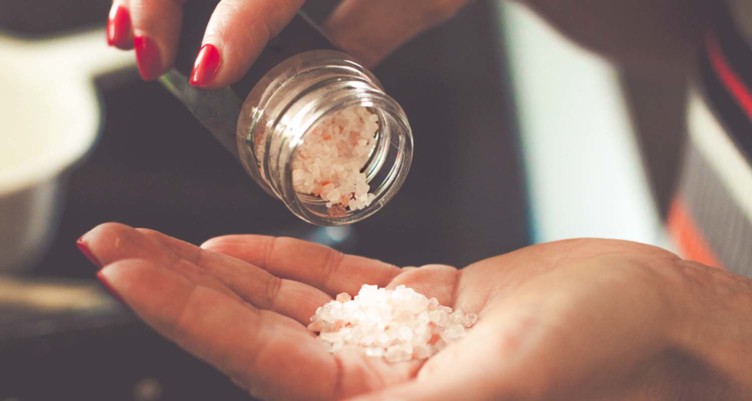New Study Suggests You Should Change the Time of Day That You Take Potassium

What an amazing time to be researching your own biology. A new study[1], published in the journal Nature Communications, shows that your red blood cells have their own separate day and night circadian rhythm. Why does this matter? Your red blood cells don’t have mitochondria, the power plants in your cells that seem to control most of your body’s clock. The implication here – untested in people but reasonable – is that you might want to supplement with potassium in the morning rather than at night.
More about the blood cell circadian rhythm study
Going into the study, researchers knew that red blood cells, like other cells in the body, have their own circadian rhythm that tells them when to be active and when to rest. What they didn’t know is how red blood cells regulate themselves, since they don’t possess DNA or ‘clock genes’ that control basic rhythms like other cells. Using a new technique called dielectrophoresis, the team observed the electrochemical properties of red blood cells for the first time. They found potassium levels in the cells fluctuated significantly throughout the day, and that this corresponded perfectly with their active and resting times. Namely, their potassium levels increased during the day and decreased at night. When researchers manipulated the cells’ potassium levels, they discovered that this also messed with the cells’ circadian rhythm. In other words, this mineral affects how red blood cells, which transport oxygen through the body, operate during the day. This finding, say the researchers, helps explain why heart attacks mostly happen in the morning.
You’ve probably heard that potassium and magnesium work synergistically in the body, performing many great functions together as electrolytes. In my book “Head Strong”, I cite a study that shows daily magnesium – like potassium and sodium – plays a big role in circadian rhythm.
The problem with potassium and magnesium is that they can drop your blood pressure, and you want your blood pressure a little higher when you wake up in the morning. Otherwise, your body will raise cortisol and adrenaline to make it high enough.
Potassium, magnesium, and salt hacks for optimal performance
So what should you do to balance out all of those circadian rhythms?
Take 1/2 to 1 tsp of high-quality Himalayan pink salt in a glass of water when you wake, which lowers stress hormones. You can learn more about the benefits of Himalayan pink salt.
Take your magnesium and potassium at the same time or shortly after the salt. That will tell your blood cells that it’s daytime, not to mention all the other good stuff magnesium and potassium do for you! Taking them together also helps because you must have potassium present for magnesium to absorb best.
I’ve started taking my magnesium malate in the morning with my coffee, followed by magnesium threonate at night for sleep.
Sign up for early access to sales, product launches, the latest Bulletproof news and more!



